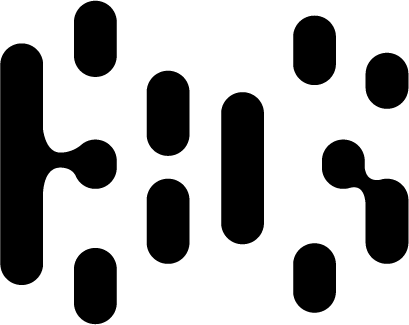Wasi Daniju
“To me, the Black gaze means exactly what it sounds like – seeing things from a Black point of view (which is not monolithic) and with regards to photography, in a way that attempts to shed as much as possible of the colonialism that is inherent to the practice.
It matters because it’s vital we tell our own stories, we see ourselves through our own lenses, literally and metaphorically.”
How does the Black gaze relate to your photography practice?
I hope that my practice demonstrates the Black gaze both by who I choose to focus on, and the way in which I practice – I try as much as possible to not simply be ‘capturing’ images, to be recording ’subjects.
I choose to make connections, to communicate as much as possible and create work that is as collaborative as possible with those who feature in it and provides a chance at interaction for those who view it.
What do you want to say or address with your photography?
With my photography, I hope to bear some sort of witness – to our lives, the various ways we exist, our joys as well as our struggles. I want my photography to amplify our voices and our actions, and be part of creating an archive for when we are no longer around.
What influences and inspires you? How is this reflected in your work?
I’m influenced and inspired by the people around me, by my faith, by my belief in striving for justice, and by my love of music, poetry, theatre and other expressions of passion.
I believe this is reflected in what I choose to make pictures of – I’m often focusing on Black women, girls and non-binary folk, including those who are Muslim, in my portraiture and documentary work, and love to photograph theatre and other live performance, as well as protests and other actions.
Who are your favourite Black photographers from the past? Why?
Honestly, many of my favourite Black photographers are contemporary and very much still of the present, some even younger than me; folks like Carrie Mae Weems, Zanele Muholi, Dana Scruggs, Ronan Mckenzie, Yagazie Emezi, Etinosa Yvonne, Elsie Kibue-Ngare, Wamaitha Ng’ang’a, Amaal Said, Ruth Sutoyé – the list goes on and on!
Thinking of photographers from the past, though, I’d have to say Seydou Keïta and Malick Sidibe, for the way in which they lovingly captured Malians and their beauty in stark contrast to the colonial photography that many had witnessed or been subjected to. Their portraits are a celebration of the joy and beauty of every day people in Mali.
Please describe the highs and lows of your experience as a Black photographer?
I can’t think of so many lows, really. Not that there haven’t been many – more that, for the most part, I try not to hold onto them as being reflective of me as opposed to of the people, institutions or systems attempting to diminish me in any way.
I am keenly aware of exclusion due to my being a Black photographer, especially a Black Muslim woman, and also my choice of focus on Blackness in my work – for example being told when applying to a photography MA that my portfolio was not considered satisfactory.
But I think the highs have so outweighed any lows that they ring out much more clearly. My highs include first seeing my photography on the cover of a play text, and on posters at theatres around the country. They include being approached by theatres such as Royal Court and the Young Vic based on recommendations and them enjoying my work.
Exhibiting – individually and as part of different groups; having my work commended and lauded by people I admire and respect; working and collaborating with photographers I admire and respect; creating work that I love and value – these are all amazing highs for me.
What work are you producing and what more would you like to do?
Given the year we’re having, I’m not currently producing very much work at all! Most recently, I completed a project, All The Women In Me Are Tired, which I am still working on and look forward to sharing. It is a project which has at its foundation what it is to live as a Black woman in this world, and how exhausting that can be.
I’m looking forward to sharing this work publicly sometime in the new year, as well as to exhibiting virtually – and eventually physically also – with some colleagues.
Beyond that, I’m looking forward to making more documentary work, building on my archive of Black women, girls and non-binary people, and finding new ways that my photography can be an expression of my beliefs and passions.
Wasi Daniju is a talented people photographer whose work spans portraiture, live performance, theatre and photojournalism. Wasi is currently working towards a MA in Documentary Photography and Photojournalism to complement her 10 years industry experience.
Playwright and writer Hassan Mahamdallie describes Wasi’s work as having a beautiful aesthetic:
“Energy and stillness come together. She has a sharp eye and the technical excellence to capture the moment. You can trust Wasi’s work to be authentic – to be capturing something real and of significance.”





